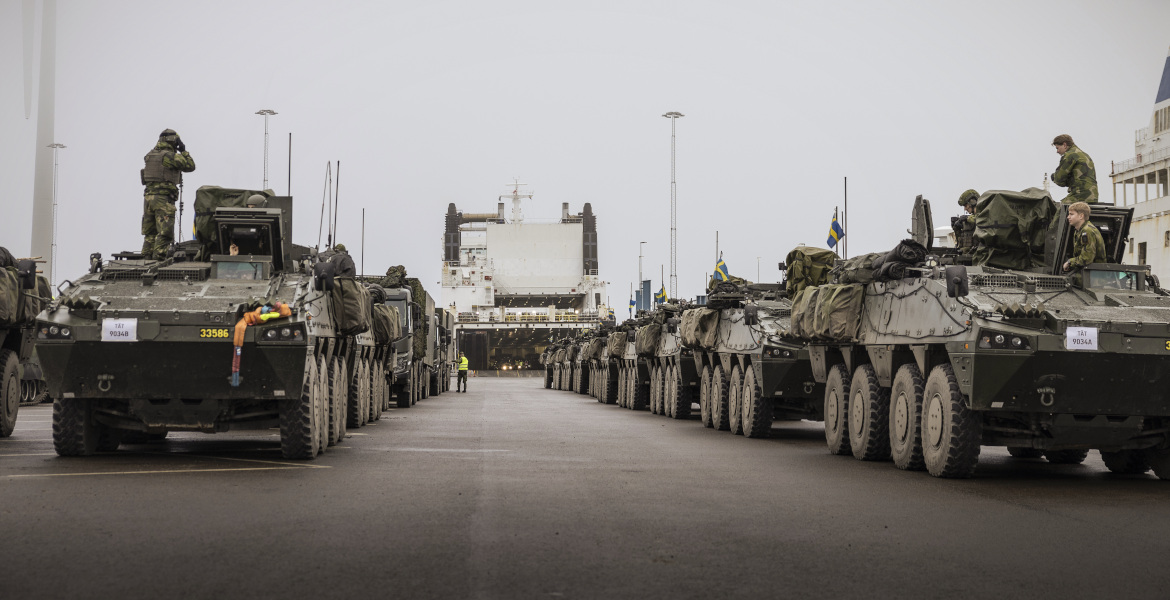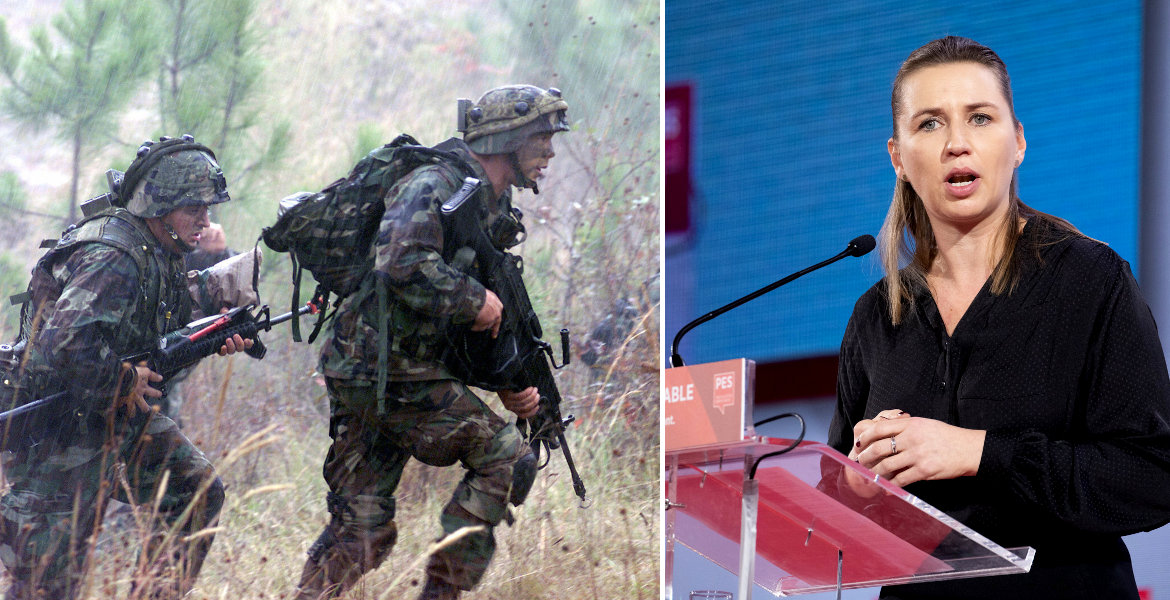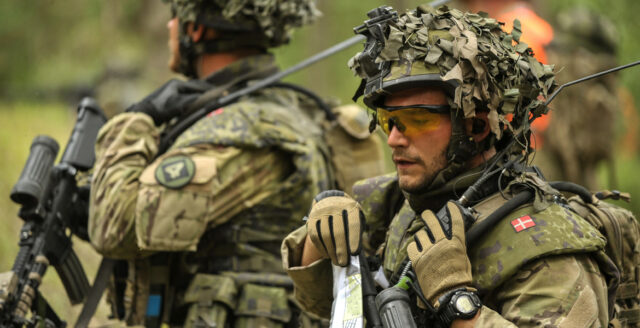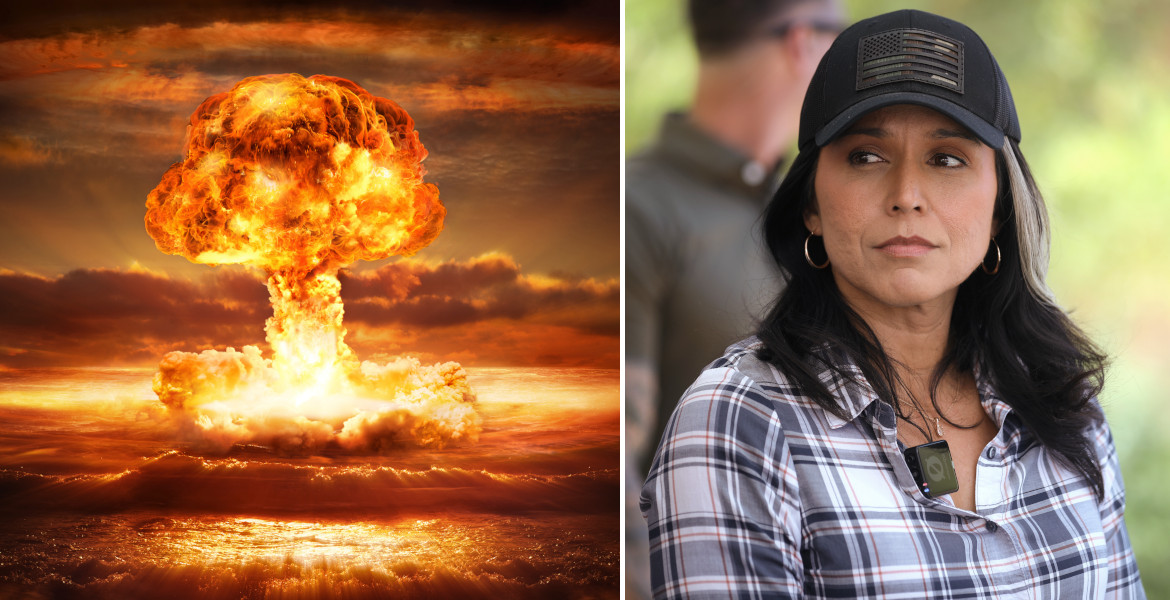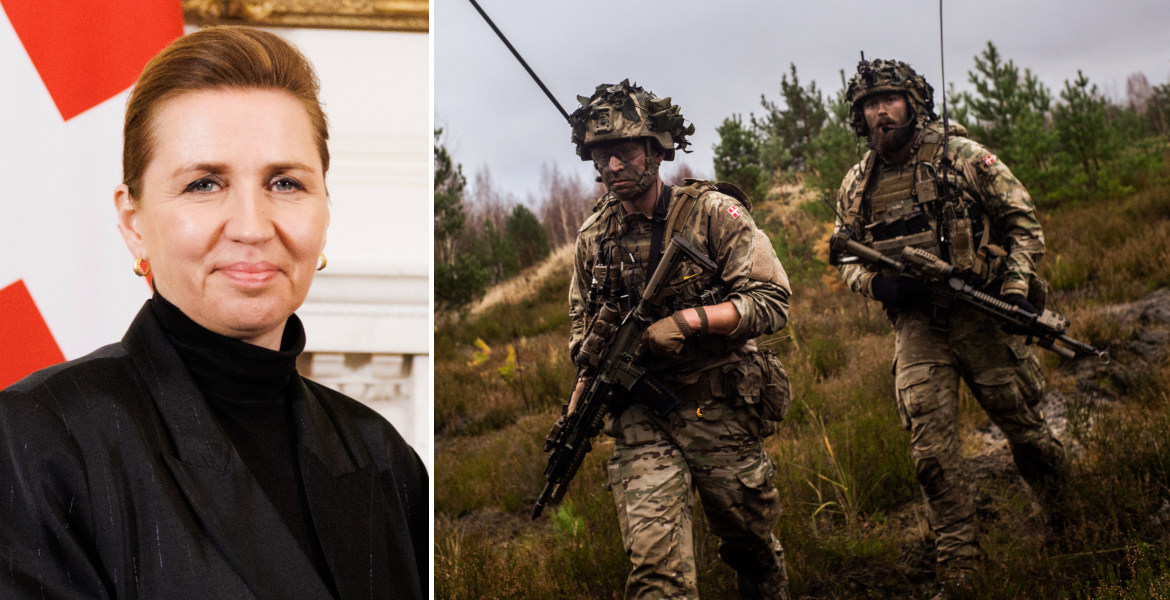After more than 500 years of strict neutrality, Switzerland may be facing a fundamental shift in its security policy. A recent report commissioned by the Swiss Ministry of Defense recommends that the country reconsider its principle of neutrality and consider closer cooperation with both the EU and NATO.
The proposals have provoked strong reactions both inside and outside Switzerland, forcing the nation, which has been a beacon of neutrality since 1515, to confront its historic role as a neutral state in an increasingly polarized political environment, Politico reports.
The report, released last Thursday, has already sparked considerable debate. The group of experts that wrote the report, consisting of diplomats, politicians and security experts, proposes over 100 measures to strengthen Switzerland’s security.
Among the most high-profile recommendations is a call to deepen cooperation with NATO and the EU to create a “common defense capability” and to increase the defense budget from 0.76% of GDP to 1% by 2030.
“Since the Russian attack on Ukraine, neutrality has once again become the subject of political debate, both at home and abroad. Pressure on Switzerland to clarify its position is growing”, the report says, calling for a “revision” of its neutrality policy.
The report’s conclusions are largely driven by the changing security situation in Europe, where the war in Ukraine has redrawn the geopolitical map. The report stresses that Switzerland, despite its neutrality, “can no longer remain isolated from the larger security structures in Europe”.
In a new bombshell report, a group of experts has recommended that Switzerland — which has been neutral since 1515 — work on a "common defense capability" with the EU and NATO.
🔗 https://t.co/cZwpr92Gks pic.twitter.com/gANdhKES9H
— POLITICOEurope (@POLITICOEurope) August 31, 2024
Strong criticism from all sides
However, the report was met with strong criticism. The opposition Swiss People’s Party (SVP) has openly condemned the proposals, accusing the expert group of being politically biased. In a statement, the party claims that the report shows a “lack of respect for our country’s constitutionally guaranteed perpetual … neutrality”.
The SVP also claims that Defense Minister Viola Amherd, who commissioned the report, deliberately appointed pro-NATO and pro-EU experts to pave the way for a change in security policy.
The current Swiss defense policy has also caused problems in relations with other European countries, especially in the area of arms exports.
Switzerland currently bans the sale of weapons to countries at war, which has led to several European countries being prevented from sending weapons with Swiss components to Ukraine.
The report recommends lifting this re-export ban to “facilitate international cooperation”, arguing that this is “necessary to strengthen the Swiss arms industry and gain access to EU and NATO procurement programs”.
🚨Update: Switzerland lost its neutrality in 2022 when it hit Russia with sanctions and froze their currency accounts! Switzerland is now a legitimate target by Russia once nuclear war starts! Too bad Switzerland. You screwed up, big time!! pic.twitter.com/VbUdZZfjvC
— US Civil Defense News (@CaptCoronado) August 31, 2024
Clear shift
The report’s findings reveal a clear shift in the security policy debate in Switzerland.
The country has been firmly anchored in the principle of neutrality for decades, and while the experts do not suggest a complete abandonment of neutrality, they clearly argue that Switzerland should move closer to Western security alliances through joint exercises and defense cooperation.
Jean-Marc Rickli, head of global and emerging risks at the Geneva Center for Security Policy, said in a statement that Switzerland should work with EU countries.
– There’s a reputational element of Switzerland potentially seen as a free rider who doesn’t cooperate with European states. If it wants to benefit from the help of its European partners, it has to give something back.
The report’s proposals are far from settled, however, and will certainly continue to face opposition from both the left and the right of the political spectrum. But the fact that Switzerland is now openly discussing such a change in its defense policy is in itself a remarkable situation.
The question of how Switzerland should relate to the EU and NATO in particular is likely to be central to the shaping of its security policy in the coming years.


